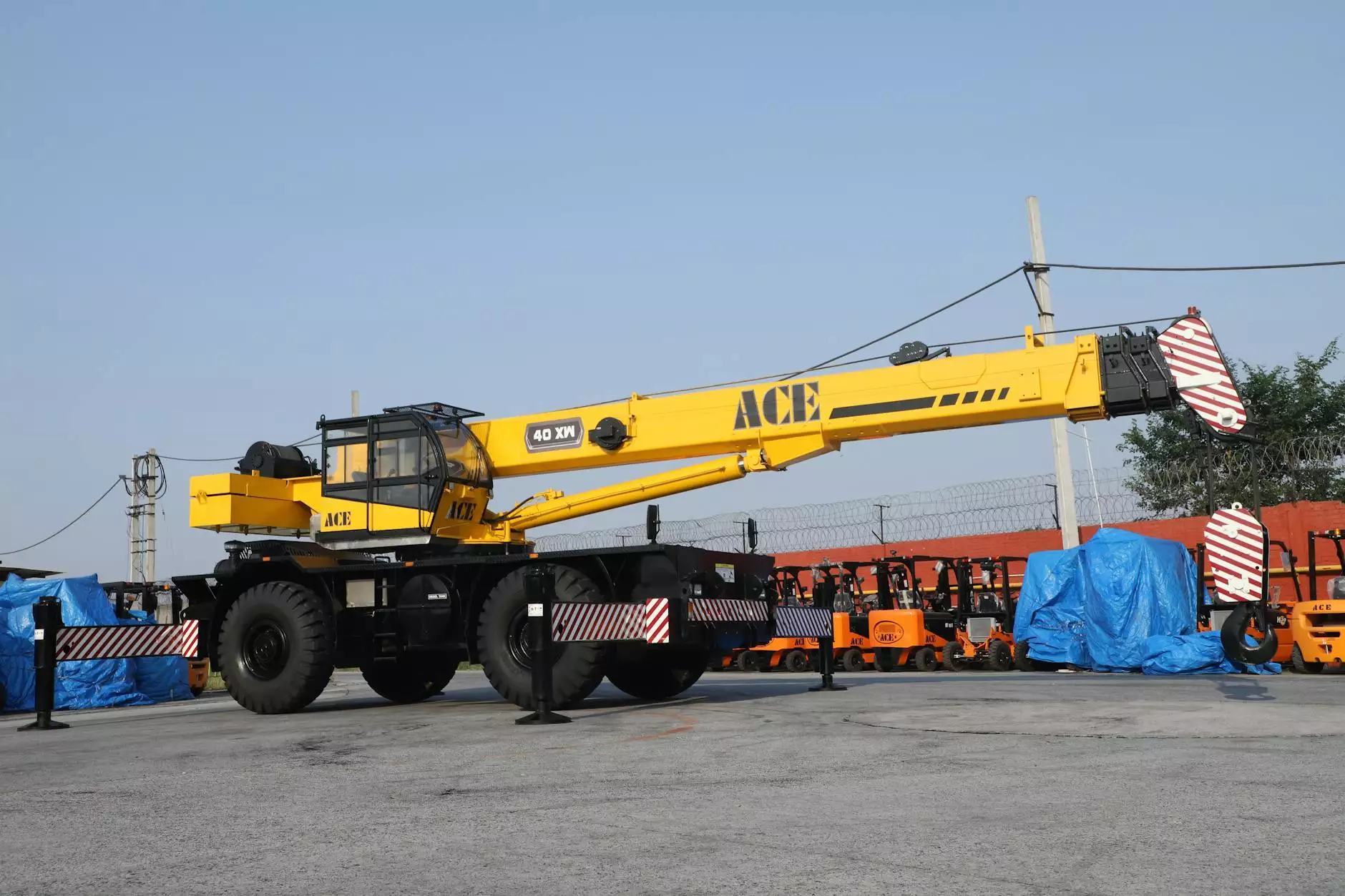Understanding the Role of Hôtesse de Vol in Modern Aviation

The term hôtesse de vol, translated to "flight attendant" in English, refers to the dedicated professionals responsible for the safety and comfort of airline passengers during flights. Their contribution to the aviation industry is essential, not just for operational success but also for creating a pleasant travel experience. This article explores the multifaceted nature of the hôtesse de vol role, highlighting their responsibilities, skills, training, and workplace environment.
The Responsibilities of Hôtesse de Vol
Flight attendants are often the face of an airline, interacting with passengers from boarding to disembarking. Their responsibilities can be broadly categorized into the following key areas:
- Safety Procedures: Ensuring all emergency procedures are in place, conducting safety demonstrations, and managing in-flight emergencies.
- Passenger Services: Attending to passengers' needs, including food and beverage services, and addressing any inquiries or assistance required.
- Crisis Management: Handling difficult situations, whether medical emergencies, conflicts among passengers, or unexpected turbulence.
- Cabin Management: Monitoring the cabin environment, ensuring a clean atmosphere, and managing supplies required for passenger comfort.
The Importance of Hôtesse de Vol in Passenger Safety
Passenger safety is the cornerstone of air travel, and the hôtesse de vol plays a pivotal role in this regard. They undergo rigorous training that prepares them to handle various emergency situations effectively. This training covers:
- Firefighting and evacuation procedures.
- First aid, including CPR and management of medical emergencies.
- Dealing with hazardous materials and remaining calm during crises.
During their onboard service, flight attendants are vigilant, monitoring passengers for any signs of distress or malfunction. Their presence reassures passengers, providing an added layer of comfort that enhances the overall travel experience.
Skills Required to Excel as a Hôtesse de Vol
To be an effective hôtesse de vol, individuals must possess a diverse skill set, including but not limited to:
- Excellent Communication: Ability to convey safety instructions clearly and interact effectively with a diverse set of passengers.
- Crisis Management: Quick thinking and adaptability in emergencies, ensuring passengers' safety while remaining calm.
- Customer Service Orientation: Providing high-quality service to enhance passenger satisfaction and loyalty.
- Team Collaboration: Working closely with pilots and crew members to ensure smooth flight operations.
- Multilingual Skills: Fluency in multiple languages is often an asset in international flights, allowing better communication with passengers.
Training and Qualifications for Hôtesse de Vol
Becoming a hôtesse de vol typically requires a combination of formal education and specialized training. Most airlines require candidates to have a high school diploma or equivalent, though many successful flight attendants have college degrees.
Upon hiring, new flight attendants undergo extensive training programs that cover:
- In-depth safety procedures and emergency protocols.
- Customer service best practices and complaint resolution strategies.
- Cultural sensitivity training to better serve a diverse passenger base.
- Hands-on experience in simulated flight conditions.
The Work Environment of a Hôtesse de Vol
The work environment for a hôtesse de vol can be dynamic and varies greatly by flight length and destination. Key aspects of their work environment include:
- Frequent Travel: Flight attendants often travel extensively, experiencing new locations and cultures.
- Variable Schedules: Due to the nature of air travel, flight attendants often work irregular hours, including weekends and holidays.
- Physical Demands: The role can be physically demanding, requiring long hours on one's feet and the ability to lift heavy items.
Challenges Faced by Hôtesse de Vol
Despite the rewards of the profession, hôtesses de vol encounter unique challenges, including:
- Managing Difficult Passengers: Flight attendants must deal with a range of personalities, especially during stressful travel moments.
- Health Risks: Exposure to varying cabin pressures and environments can pose health risks over time.
- Fatigue: Long hours and time zone changes can lead to chronic fatigue and affect work-life balance.
The Future of the Hôtesse de Vol Profession
The role of hôtesse de vol continues to evolve with advancements in technology and changes in travel norms. The impact of technological innovations, such as mobile apps for passenger services and in-flight entertainment systems, is changing how flight attendants operate.
Moreover, industry trends toward enhancing passenger experience mean that hôtesses de vol are increasingly being viewed not just as safety personnel, but as essential contributors to customer experience. This shift necessitates ongoing training, adaptability, and a strong service orientation.
Conclusion
In conclusion, the role of the hôtesse de vol is indispensable in the aviation industry. Their blend of safety expertise, customer service skills, and crisis management ability creates an environment where passengers can feel secure and comfortable during their travels. With the increasing emphasis on customer satisfaction, the hôtesse de vol profession is more critical than ever. As the aviation industry continues to develop, the contributions of these professionals will undoubtedly remain at the forefront, helping to enhance the overall travel experience.
Join the Aviation Community
If you are interested in pursuing a career as a hôtesse de vol, consider reaching out to professional organizations and airlines for more information on job openings and training opportunities. The journey is as exciting as the destinations you'll reach!
hotesse de vol








